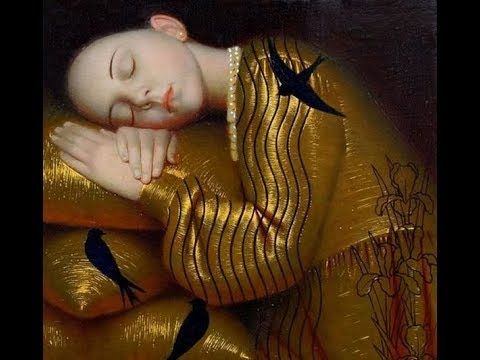
Even though we might feel awake, existentially we actually are in deep sleep, dreaming that we are awake. This sleepy state of being prevents us from reaching deeper levels of reality, where the profound meaning and richness of our lives can ultimately be found. Consequently, if we want to start living authentically purposeful and fulfilled lives, we need to start waking up through the undertaking of a deep process of inner transformation: the awakening path.
Nonetheless, introducing ourselves on this path is not free of challenges, as it implies engaging with deep existential questions. What does it really mean to be awake? What is our real sleep? How can we notice that we are asleep? Why should we bother awakening? Does awakening depend purely on our will, our decisions? Can someone help others to awake? Can we decide never to wake up? Would that be negative or harmful? Why?
CONSCIOUSNESS AND UNCONSCIOUSNESS
Consciousness is commonly understood as the process through which we understand or become aware about something. Therefore, consciousness seems to be a kind of connection between ourselves and something else, which could also be ourselves. But, what is really consciousness? What is our conscious and unconscious life? What is the difference between them? How can we talk about unconsciousness if it is not part of consciousness? Why is it important to be conscious about our lives? Is consciousness better than unconsciousness? How can we measure consciousness? Is consciousness purely intellectual, or can we talk about other ways of consciousness? Can we be more aware about ourselves, reality or existence through the arts, music, self-cognition, prayer or spiritual meditation? How?
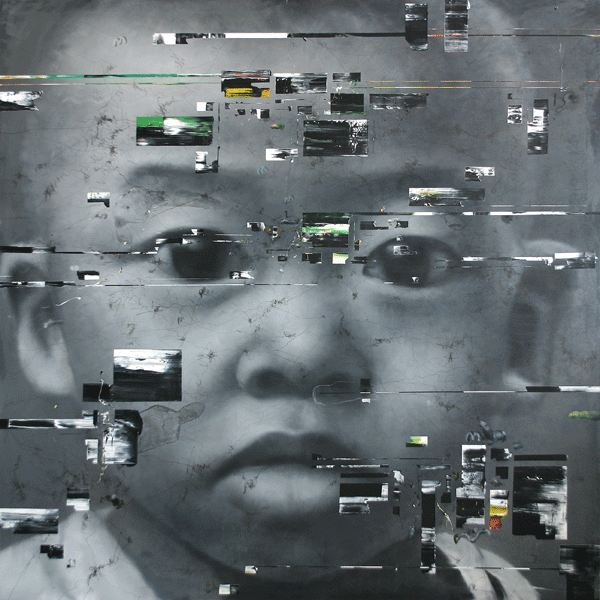
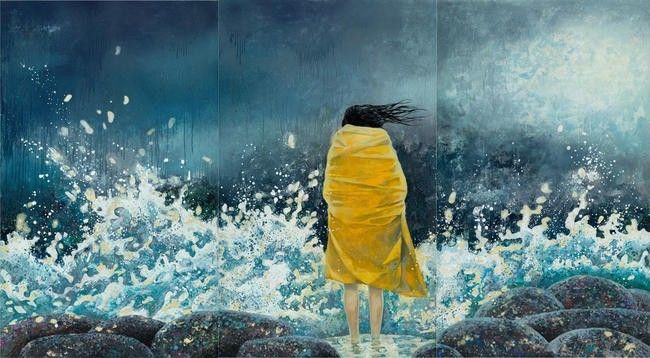
HUMAN NATURE AND SELF-COGNITION
It is undoubtable that human nature represents a huge mystery. For centuries we have been trying to discover who we really are, how are we constituted? Are we purely matter? Do we have a body, or we are our body? What is the human soul? Can we be sure about its existence? What is the relationship between our body and our soul? Can everything about human nature be explained through science? Through the study of the brain? What about feelings, love, emotions? Are they nothing more than neurological connections?
SPIRITUALITY
Nowadays it is increasingly common to hear about spirituality. However, ‘spirituality’ is a concept so flexible that people might be referring to completely different things when they talk about the spiritual life. What is spirituality? Is it part of our feelings, our mind or our brain? Or does it represent a completely different dimension of our nature? Are we spiritual beings by nature? How can we identify spirituality? How can we enhance and developed our spiritual life? Is spirituality necessarily in conflict with the sensible and material world? Are matter and spirituality irreconcilable and necessarily opposite realities?
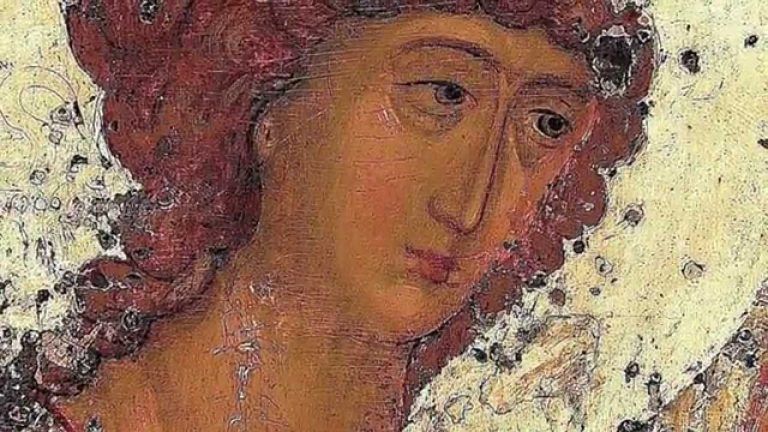
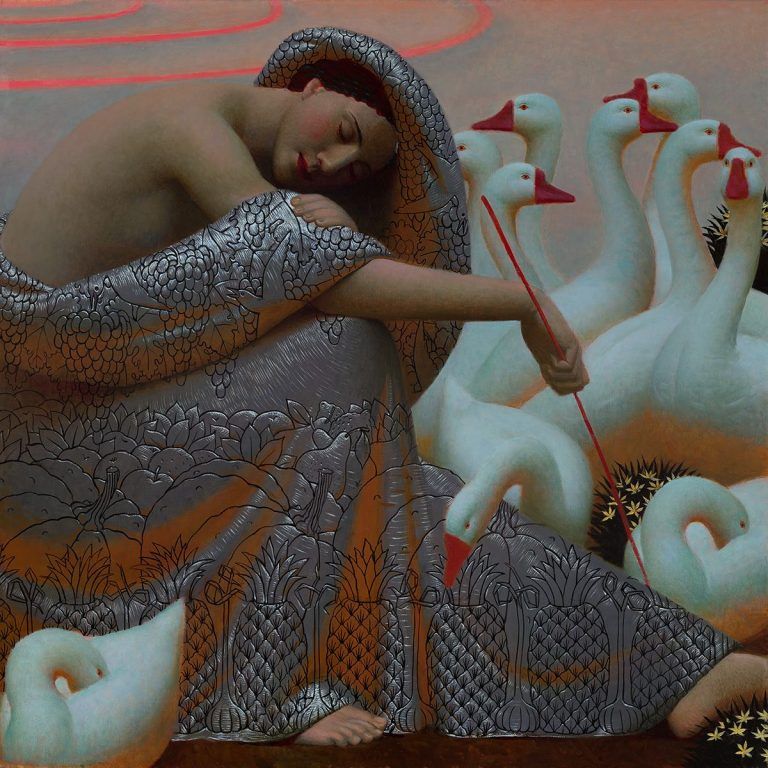
HAPPINESS AND SUFFERING
Happiness has always been one of the greatest concerns of humanity. Interestingly, even though different understandings of happiness have been proposed, it is undeniable that every human being wants to be happy. In other words, the longing for happiness is one of the deepest feelings of human beings, common to everyone. However, there are plenty of uncertainties surrounding this deep issue. What is happiness? A feeling? A state of mind? The absence of needs? What makes us happy? Is it a thing? A kind of knowledge? A set of actions? Can we be truly happy in this life? How? Are there different ways of achieving happiness? Moreover, happiness seems to be directly threatened by suffering. Are they opposed to each other? Do we need to remove every form of suffering from our lives to be happy? Why do we suffer? What is suffering? Does it have a meaning, a purpose? Is suffering unavoidable? Should we always try to avoid suffering?
REALITY AND ILLUSION
Describing and defining reality has always been a challenging issue. In fact, there has always been an intense debate about the ultimate constitution of reality. What is it? Is there more than what we can straightforwardly perceive with our senses? How do we know that? Are there other ways of engaging with reality? Are there deeper dimensions of reality to which our senses have no access? Sometimes we end up living in a fictional reality, an illusion. We have created parallels worlds, virtual realities, fictions. Our minds are capable of that. How can we identify the difference between reality and illusion? Whose mind is behind the fiction in which we live? Ours? Others? Is it a social creation? Are we conscious and aware about living on an illusory reality? How can we know if we are living in the authentically real world? Why do we evade reality?
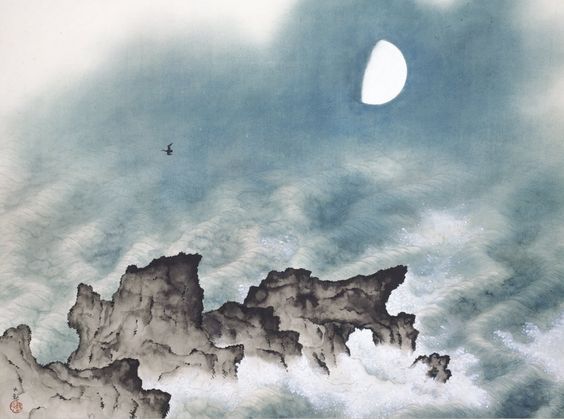
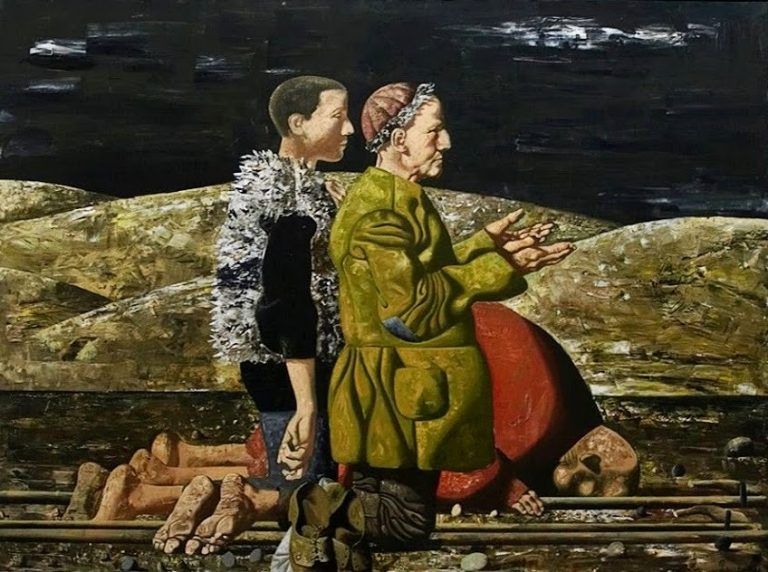
RITES AND RITUALS
Even though rites and rituals are often associated with religious or spiritual movements, they can also be identified on non-religious or spiritual aspects of human life. In fact, fanatics who follow their football team or their favourite music band wherever it goes might also adopt a kind of behaviour which would easily match with what is commonly described as a rite or a ritual. These kinds of behaviours have appeared in every culture and in every epoch. What is their meaning? Why do humans develop this kind of behaviour? Do we naturally tend to create rites and rituals? What are we trying to say through them? If rites and rituals are broader than religious or spiritual contexts, what defines them? Are they ways of sacralising a certain reality? In other words: are we trying to sacralise things through rites and rituals? Why?
TEMPLE
Throughout human history the construction and recognition of temples is a constant that embraces all cultures, religions and epochs. Why do humans need a temple? Why did human beings construct temples? What are we trying to say or express through them? What are we looking for through temples? Would humanity be the same without temples? It seems that for some reason human beings had always felt the need or the desire to have a temple, but what is their value? Only cultural, artistic and architectural? Is there any connection between temples and the development of human nature? Do we need temples to know ourselves or become better persons? What makes ‘a temple’ a temple? Its history? Its architecture? Its artistic value? The distinctive behaviour adopted inside them? Are temples necessarily related with religions? Or can any kind of building or place be considered ‘a temple’ (e.g. a football stadium)?
